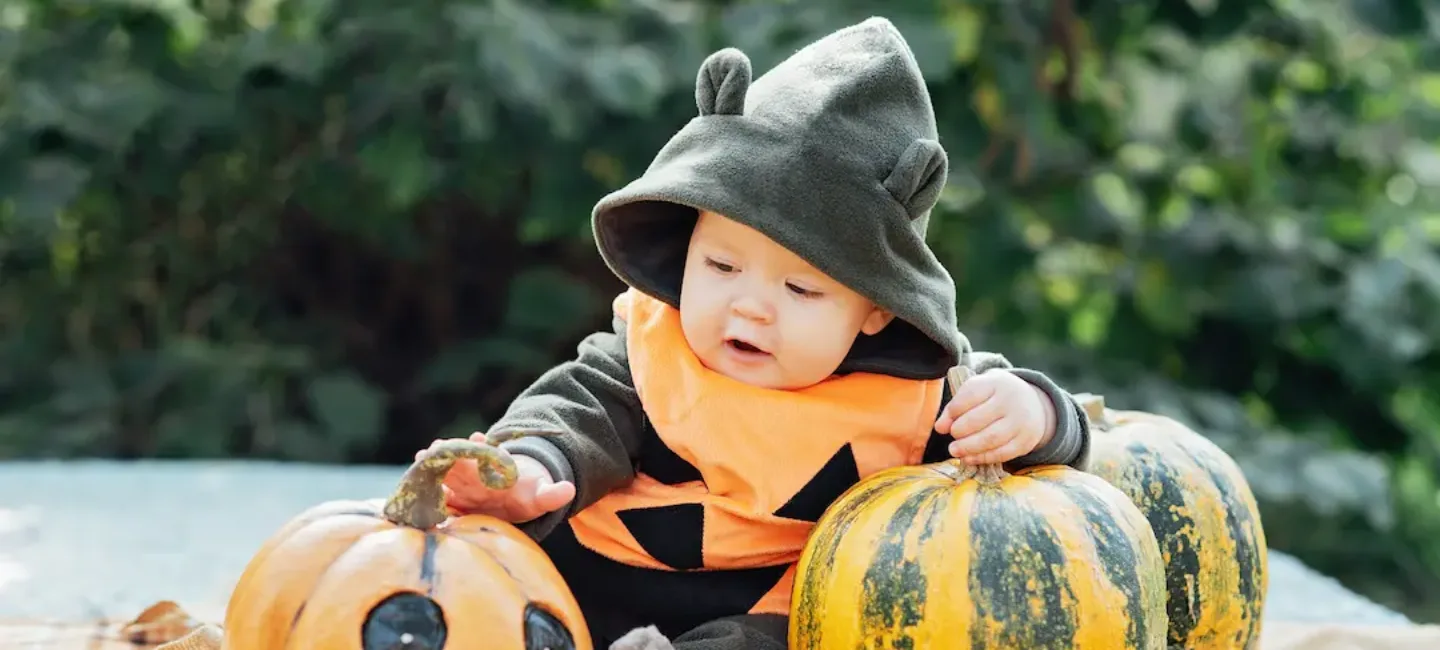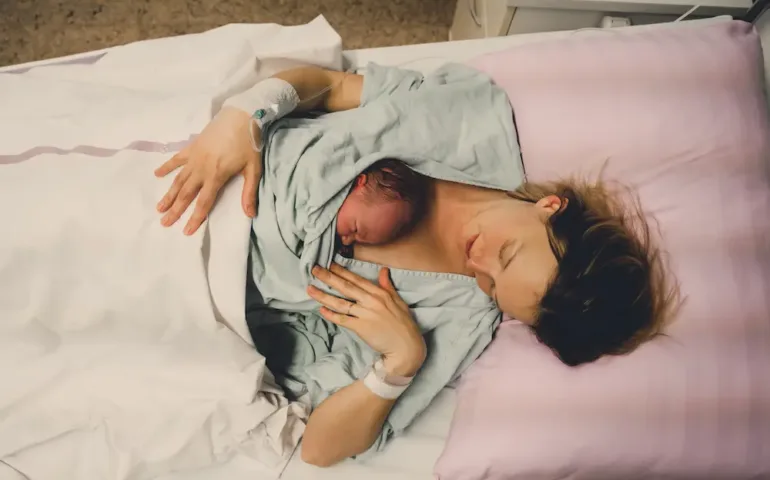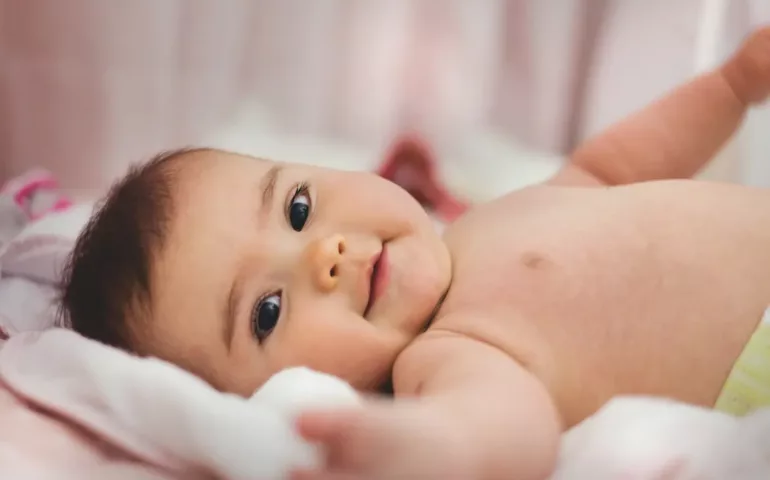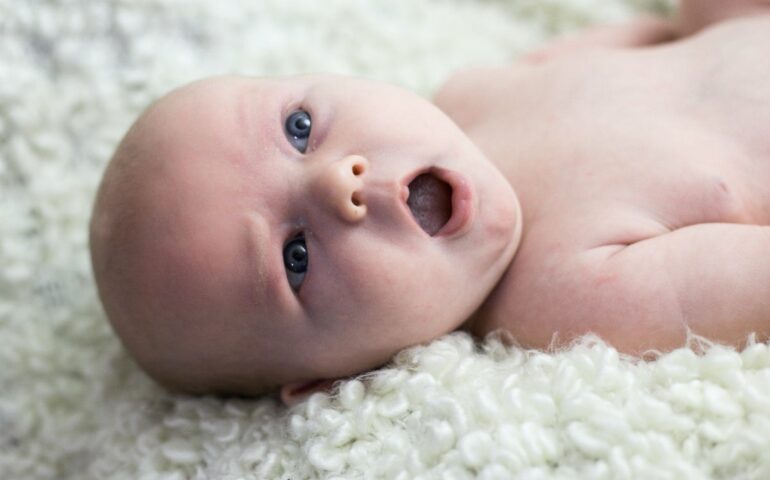
Depuis quelques années, Halloween rencontre de plus en plus de succès en France. Petits et grands laissent libre cours à leur imagination pour revêtir des déguisements toujours plus effrayants, à la quête de bonbons. Sorcières, citrouilles, fantômes… Il y en a pour toute la famille ! Et si votre bébé fait partie de la fête, voici quelques pistes pour célébrer Halloween avec les plus petits.
Halloween avec un bébé : le guide pratique.
What, When, Where: Everything You Need to Know About Halloween
First of all, a bit of background. What is Halloween, when is it celebrated, and where does it come from? Here’s everything you need to know about the holiday of witches, werewolves, and other creatures of the night.
The Origins of Halloween
The Halloween celebration has its roots in Ireland in the ancient Celtic festival of Samhain. This festival marked the end of the harvest season and the beginning of winter. The Celts believed that – during this night – the boundary between the world of the living and the dead became thin, allowing spirits to return and haunt the living.
To ward off these unwelcome visitors, the Celts lit bonfires and disguised themselves with frightening masks. Over the centuries, with the addition of various cultural and religious influences, including the Christian All Saints’ Day, Samhain evolved into the Halloween we know today, complete with witches, ghosts, and candy.
When Is Halloween 2024?
Halloween takes place every year on October 31. In 2024, October 31 falls on a Thursday. According to tradition (which varies slightly by country), Halloween is an opportunity for children—and adults too—to dress up as scary or funny characters, carve pumpkins into lanterns, and go door to door for candy.
Which Countries Celebrate Halloween the Most?
Although it’s appreciated in France, Halloween is far more popular in other countries. The holiday is especially popular in the United States, the United Kingdom, and Canada. Ireland is not far behind either—after all, that’s where the story of Jack O’Lantern originated, the legend behind the famous Halloween pumpkin.
Celebrating Halloween Night with Your Baby
The Halloween tradition is becoming increasingly mainstream in France, so much so that many parents are looking to include their baby. Costumes, face paint, decorations, and treats: let’s see what’s possible with a little one.
Choosing a Costume for Baby
If you’re planning to dress up your baby for the occasion, here are a few tips to help you choose the right costume.
Comfort comes first: even if some outfits may seem adorable, if your baby is going to wear it for several hours, it’s important to ensure they feel comfortable. They should be able to move freely without being bothered by buttons or zippers. One-piece outfits are a better choice since they won’t ride up while crawling or wiggling around.
Appropriate layering: your baby’s ability to regulate body temperature is still developing. It’s up to you to make sure they’re dressed warmly enough based on the weather. One trick if you’re going out trick-or-treating: choose a costume loose enough to go over their coat.
Otherwise, why not simply go for autumn colors, patterned booties, or a cute hat or headband?
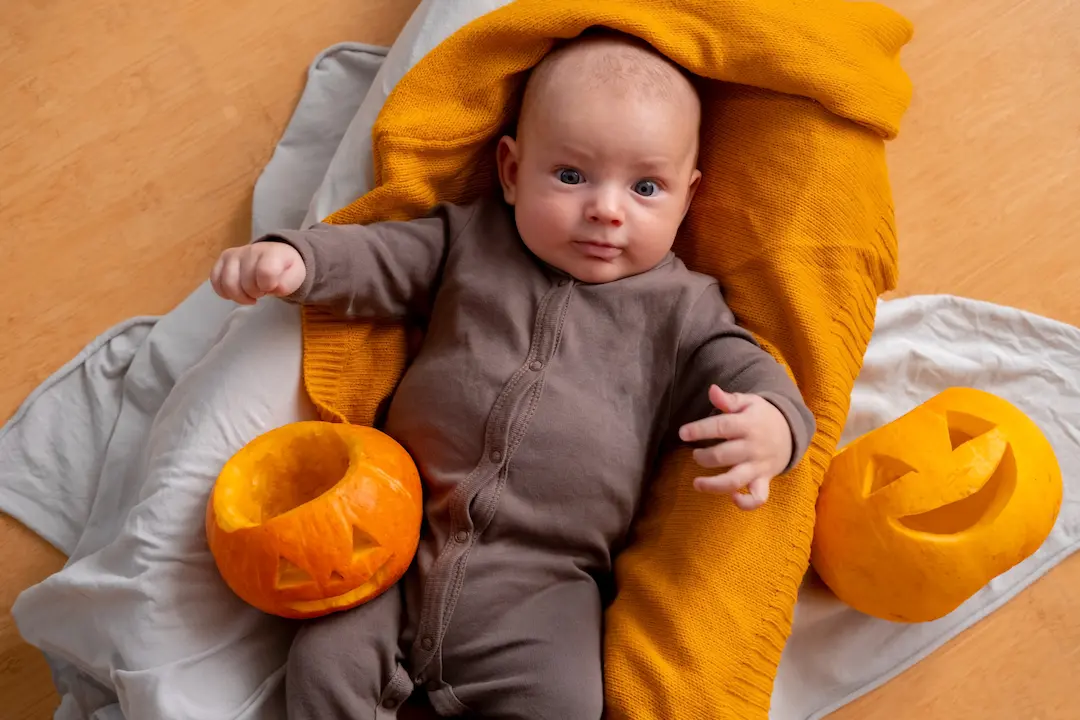
Can You Use Face Paint on a Baby for Halloween?
Face paint may seem like a fun touch… but a baby’s skin is still very delicate. You can consider painting their face starting from age 3, making sure to choose:
- Safe products: to avoid skin issues, we strongly recommend using only hypoallergenic products that are dermatologically tested and designed for children. Water-based or eco-labeled products are your safest bet.
- Minimal application: a little dab on the cheeks may be enough, especially for a first attempt.
- Avoid the areas around the eyes and mouth.
Home Decorations
We also recommend being careful with your decorations. If your baby is already crawling or starting to grab objects, make sure you avoid decorations with small detachable parts (or anything that could injure them).
At What Age Can My Child Eat Halloween Candy?
Sugar and kids—it’s a love story. However, before the age of 3, it’s best to limit the intake of added sugars. Sweets and treats shouldn’t become a habit, even though sweet flavors can be introduced (through foods that naturally contain sugar, like strawberries).
So, when it comes to Halloween candy, you’ll need to wait a little longer. In the meantime, you can offer healthy, age-appropriate alternatives like small pieces of fruit or homemade snacks (if your child has already started solids). Once they’re older, a few candies now and then are not forbidden and don’t need to be demonized.
Want to learn more? Feel free to download the May app, where you’ll find plenty of resources to support and guide you throughout your journey as a new parent.
Babies and Fear: Can You Really Celebrate Halloween with Them?
Even if it’s possible to involve your baby by dressing them up, they’re unlikely to understand what’s going on around them, or why their parents are suddenly wearing pointy hats or long fangs.
What we do know is that a baby doesn’t like being scared—on the contrary, they like to be comforted. They’re still getting used to everything: sounds, faces, objects. That’s already a lot! So for now, if possible, it’s better to avoid frightening them on Halloween.
Babies already experience fear as they develop: they are easily startled by loud noises, shouting, or sudden changes in people and environments. As they grow, they might start to fear the dark or monsters in the closet…
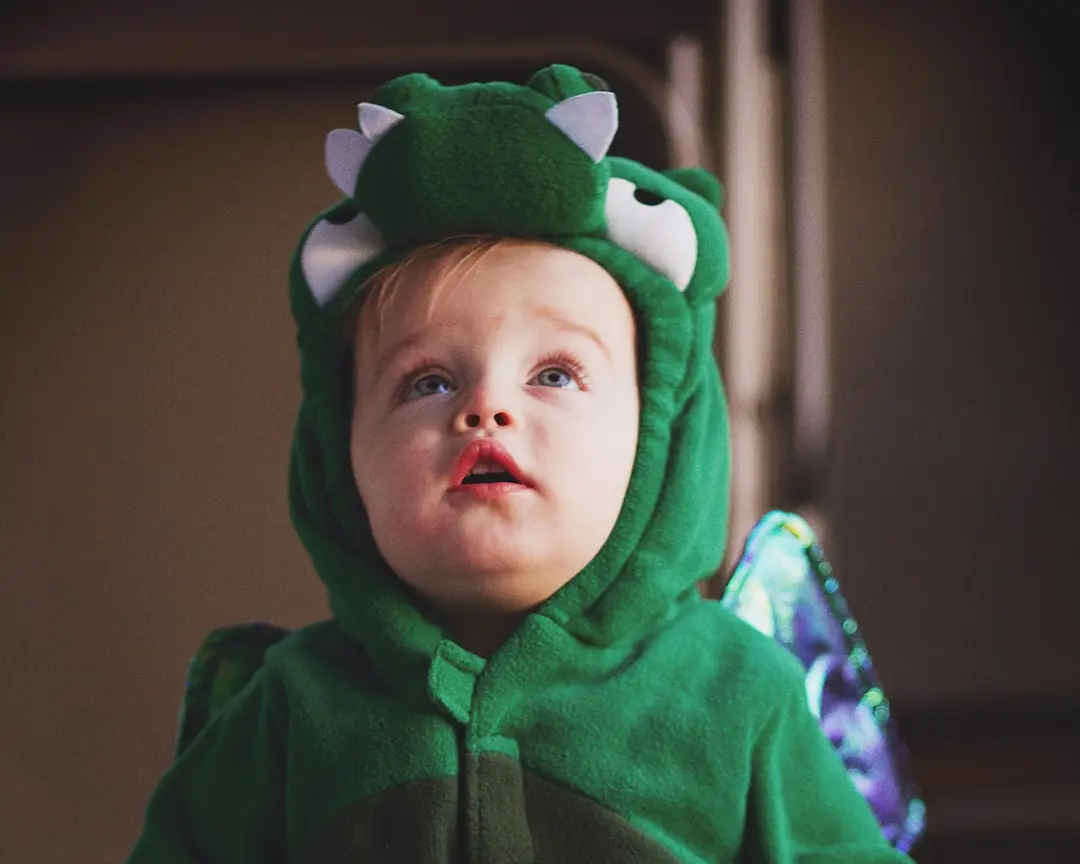
If you want to celebrate Halloween with your baby, we strongly recommend avoiding haunted houses! Instead, you can go for:
- Costumes that are more fun than scary (like avoiding a werewolf mask when approaching your baby—they might not recognize you).
- Decorations that are cute rather than creepy (like colorful pumpkin garlands instead of a Hannibal Lecter figurine).
One last note on decorations: babies can be scared by unexpected noises or sudden movements. We therefore recommend avoiding loud sound effects or animated decorations.
Celebrating Halloween with a baby is totally possible, as long as you respect their age and needs. From costumes to decorations and activities, it’s important to adapt your choices—especially to avoid scaring them. Luckily, nothing is too complicated. If you have any questions, don’t hesitate to reach out to our pediatric nurses and doctors on the May app!
–
Photos: serenkonata | aleeenot | hwilson8
This text was translated from French by an artificial intelligence. The information, advice, and sources it contains comply with French standards and may therefore not apply to your situation. Make sure to complement this reading by visiting the May US/UK app and consulting the healthcare professionals who are supporting you.
